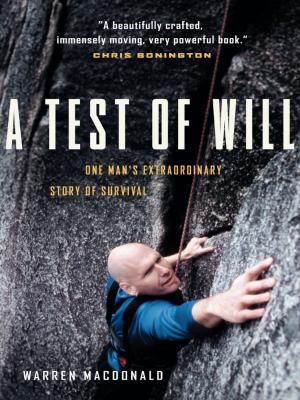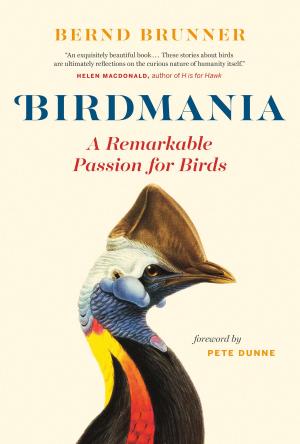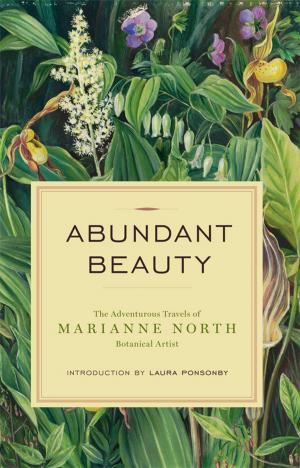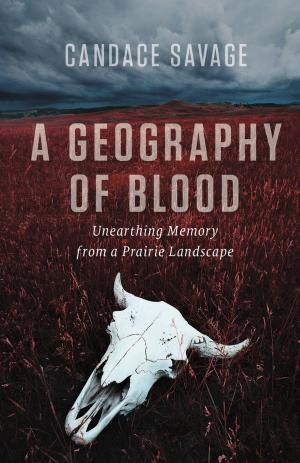Eating Dirt
Deep Forests, Big Timber, and Life with the Tree-Planting Tribe
Nonfiction, Science & Nature, Nature, Biography & Memoir| Author: | Charlotte Gill | ISBN: | 9781553657934 |
| Publisher: | Greystone Books Ltd. | Publication: | September 2, 2011 |
| Imprint: | Greystone Books / David Suzuki Foundation | Language: | English |
| Author: | Charlotte Gill |
| ISBN: | 9781553657934 |
| Publisher: | Greystone Books Ltd. |
| Publication: | September 2, 2011 |
| Imprint: | Greystone Books / David Suzuki Foundation |
| Language: | English |
"In language as sharp as obsidian, as unsentimental as a clear-cut, Charlotte Gill tells the story of her tree-planting tribe, men and women who spend their lives atoning for the deeds of the rest of us who, to this day, continue to sacrifice the greatest temperate rainforest on earth on the altar of our prosperity." -- Wade Davis
"Charlotte Gill is everything you could want from a storyteller: honest and wise, leanly lyrical, tough and tender in equal measure. In this exquisite book about a gnarly occupation, we come to appreciate the resilience of nature and humans both." -- Philip Connors, author of Fire Season
Winner of the BC National Award for Non-Fiction, and short-listed for both the Charles Taylor Prize for Literary Non-Fiction and the 2011 Hilary Weston Writer's Trust Award.
Charlotte Gill spent twenty years working as a tree planter in the forests of Canada. During her million-tree career, she encountered hundreds of clearcuts, each one a collision site between human civilization and the natural world, a complicated landscape presenting geographic evidence of our appetites. Charged with sowing the new forest in these clearcuts, tree planters are a tribe caught between the stumps and the virgin timber, between environmentalists and loggers.
In Eating Dirt, Gill offers up a slice of tree planting life in all of its soggy, gritty exuberance, while questioning the ability of conifer plantations to replace original forests that evolved over millennia into complex ecosystems. She looks at logging's environmental impact and its boom-and-bust history, and touches on the versatility of wood, from which we have devised countless creations as diverse as textiles and airplane parts.
Eating Dirt also eloquently evokes the wonder of trees, which grow from tiny seeds into one of the world's largest organisms, our slowest-growing "renewable" resource. Most of all, the book joyously celebrates the priceless value of forests and the ancient, ever-changing relationship between humans and trees.
"With this book, Charlotte Gill has fitted a key piece, long missing from the story of West Coast logging. What happens after these wild landscapes have been stripped of trees is an important, if painful topic, and it is hard to imagine a writer (and tree planter!) better qualified than Gill to tell this story of death and rebirth in the woods. In the same spare, unflinching prose that brought her such acclaim for her short story collection Lady Killer, Gill takes us into the remote and rarely seen world of the tree planter, immersing us in the unique combination of sweat, fog, heartache and humor that distinguishes it from all other labors." -- John Vaillant, author of The Golden Spruce and The Tiger
"In language as sharp as obsidian, as unsentimental as a clear-cut, Charlotte Gill tells the story of her tree-planting tribe, men and women who spend their lives atoning for the deeds of the rest of us who, to this day, continue to sacrifice the greatest temperate rainforest on earth on the altar of our prosperity." -- Wade Davis
"Charlotte Gill is everything you could want from a storyteller: honest and wise, leanly lyrical, tough and tender in equal measure. In this exquisite book about a gnarly occupation, we come to appreciate the resilience of nature and humans both." -- Philip Connors, author of Fire Season
Winner of the BC National Award for Non-Fiction, and short-listed for both the Charles Taylor Prize for Literary Non-Fiction and the 2011 Hilary Weston Writer's Trust Award.
Charlotte Gill spent twenty years working as a tree planter in the forests of Canada. During her million-tree career, she encountered hundreds of clearcuts, each one a collision site between human civilization and the natural world, a complicated landscape presenting geographic evidence of our appetites. Charged with sowing the new forest in these clearcuts, tree planters are a tribe caught between the stumps and the virgin timber, between environmentalists and loggers.
In Eating Dirt, Gill offers up a slice of tree planting life in all of its soggy, gritty exuberance, while questioning the ability of conifer plantations to replace original forests that evolved over millennia into complex ecosystems. She looks at logging's environmental impact and its boom-and-bust history, and touches on the versatility of wood, from which we have devised countless creations as diverse as textiles and airplane parts.
Eating Dirt also eloquently evokes the wonder of trees, which grow from tiny seeds into one of the world's largest organisms, our slowest-growing "renewable" resource. Most of all, the book joyously celebrates the priceless value of forests and the ancient, ever-changing relationship between humans and trees.
"With this book, Charlotte Gill has fitted a key piece, long missing from the story of West Coast logging. What happens after these wild landscapes have been stripped of trees is an important, if painful topic, and it is hard to imagine a writer (and tree planter!) better qualified than Gill to tell this story of death and rebirth in the woods. In the same spare, unflinching prose that brought her such acclaim for her short story collection Lady Killer, Gill takes us into the remote and rarely seen world of the tree planter, immersing us in the unique combination of sweat, fog, heartache and humor that distinguishes it from all other labors." -- John Vaillant, author of The Golden Spruce and The Tiger















